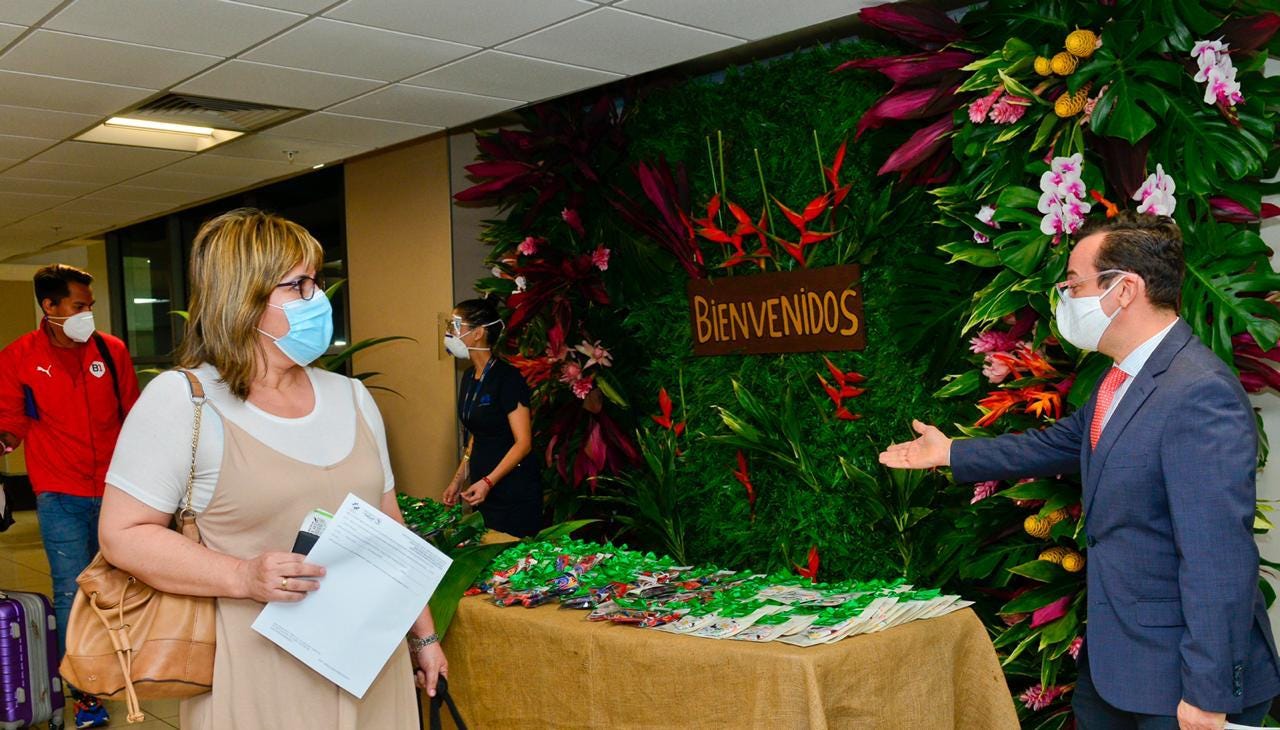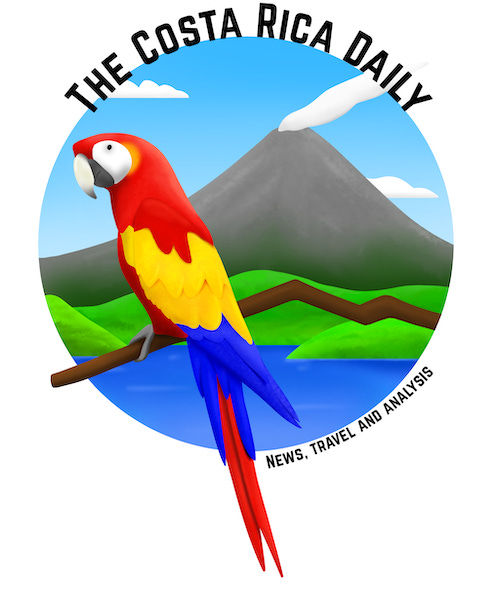What to know about Costa Rica's March coronavirus measures
Border restrictions, driving restrictions, and more
A downward trend in coronavirus cases and hospitalizations has allowed Costa Rica to ease some of its coronavirus measures in March.
Here’s what you need to know:
Land borders remain closed to tourists
This is the most consequential news for many of our readers: Costa Rica’s land borders will remain closed to arriving tourists until (at least) April. With few exceptions, only citizens and residents can enter Costa Rica via a land border post in March.
Since last November, Costa Rica has welcomed all tourists who arrive via a flight and who have proper health insurance. This will continue in March.
Barring a last-minute change of heart, the Immigration Administration will not further extend entry stamps for tourists who entered Costa Rica prior to December 2020. This means tourists who wish to extend their stay in Costa Rica must leave the country and re-enter via air or sea.
Daytime driving restrictions lifted
In March, Costa Rica will not enforce any coronavirus-related daytime driving restrictions — including on weekends.
Daytime driving will be permitted from 5 a.m. until 11 p.m. The nighttime ban (11 p.m. until 5 a.m.) will still apply.
The only daytime restrictions in March will be the plate-based ones that have applied in downtown San José for years. Those are unrelated to the coronavirus and exist to ease traffic congestion.
Businesses can stay open later
The vast majority of commercial businesses — including restaurants, bars and casinos — can already operate with some capacity restrictions. In March, they can remain open until 11 p.m. every night, one extra hour compared to February.
Vaccines ongoing, obligatory for some
Costa Rica has administered more than 101,000 vaccine doses. The national campaign will continue in March, targeting all citizens and residents ages 58 and up.
The government says the vaccine will be mandatory for employees of the Costa Rican Social Security Fund (CCSS), the Health Ministry and front-line care workers at the National Insurance Institute (INS).
Further Costa Rica coronavirus resources
Click a link for more information:
Support The Costa Rica Daily
Please support The Costa Rica Daily. We can only survive through your donations:



